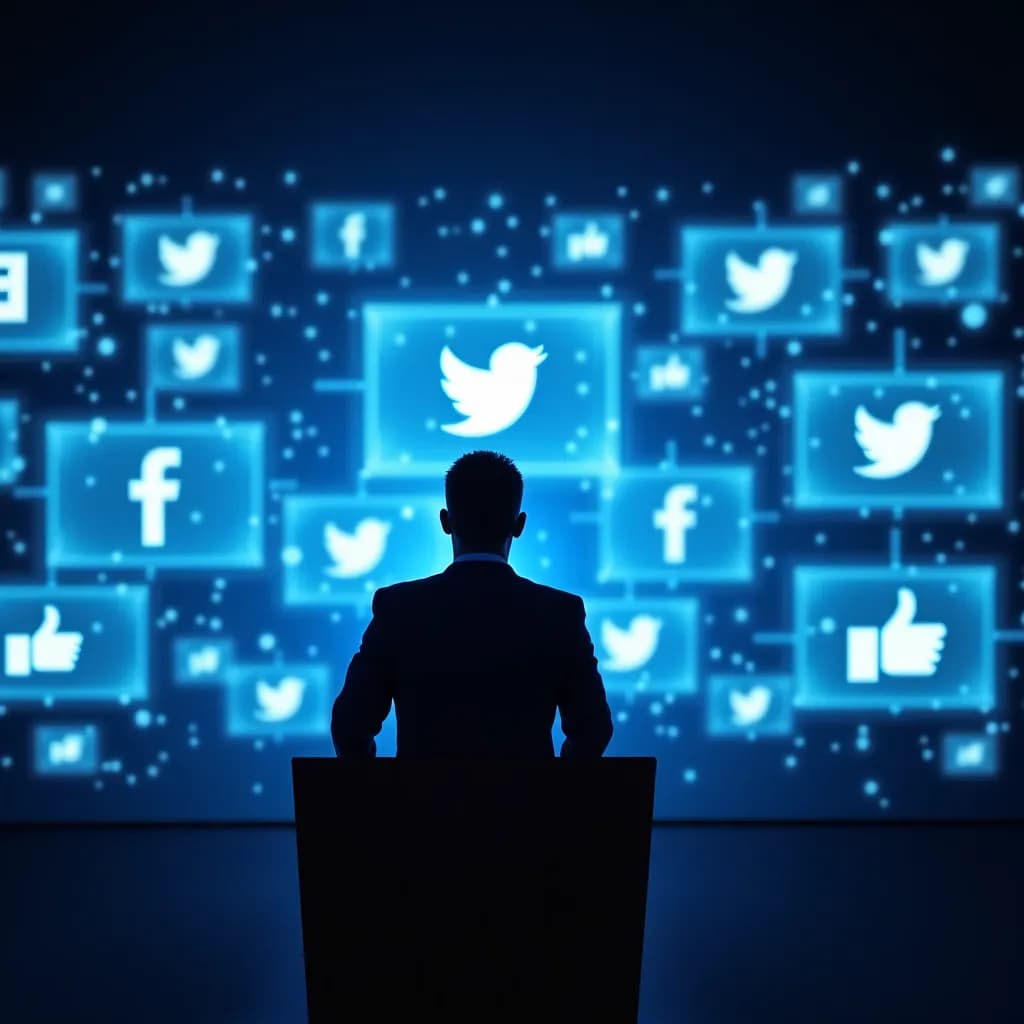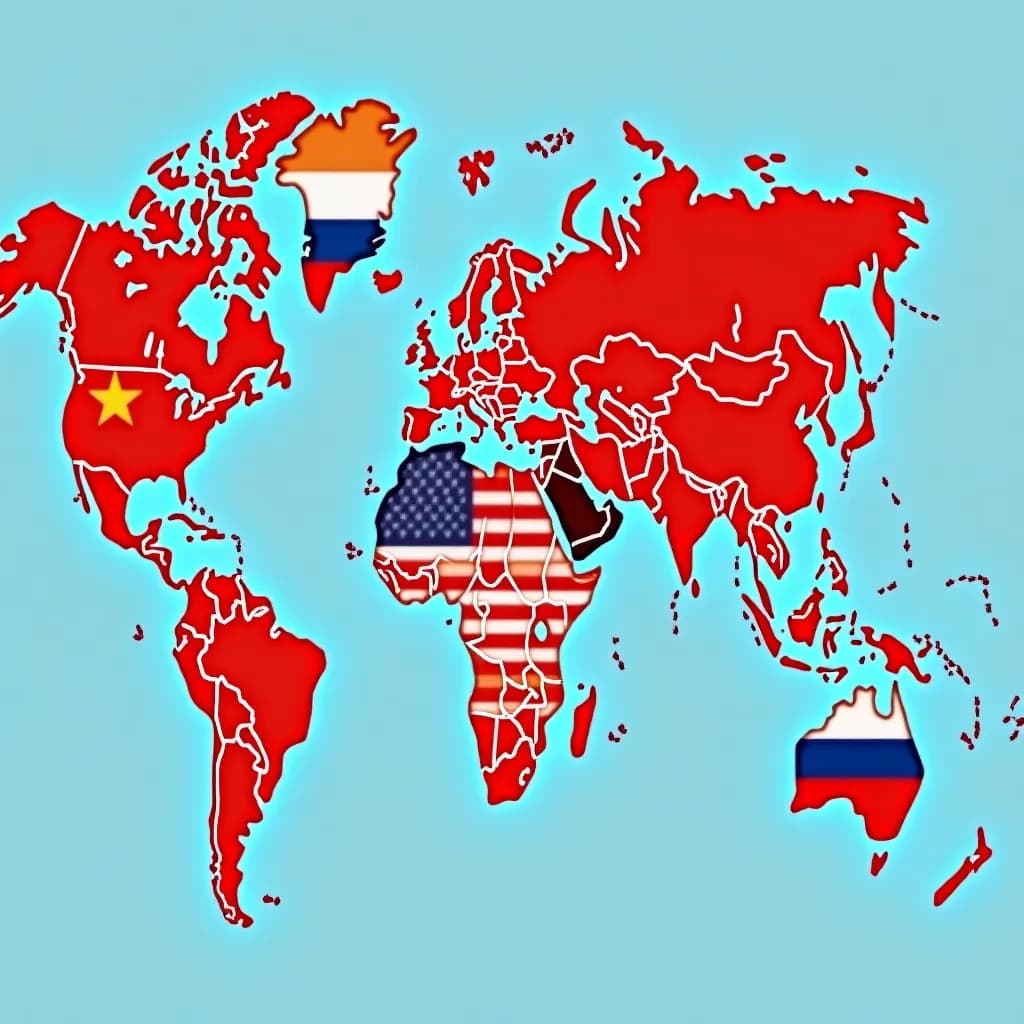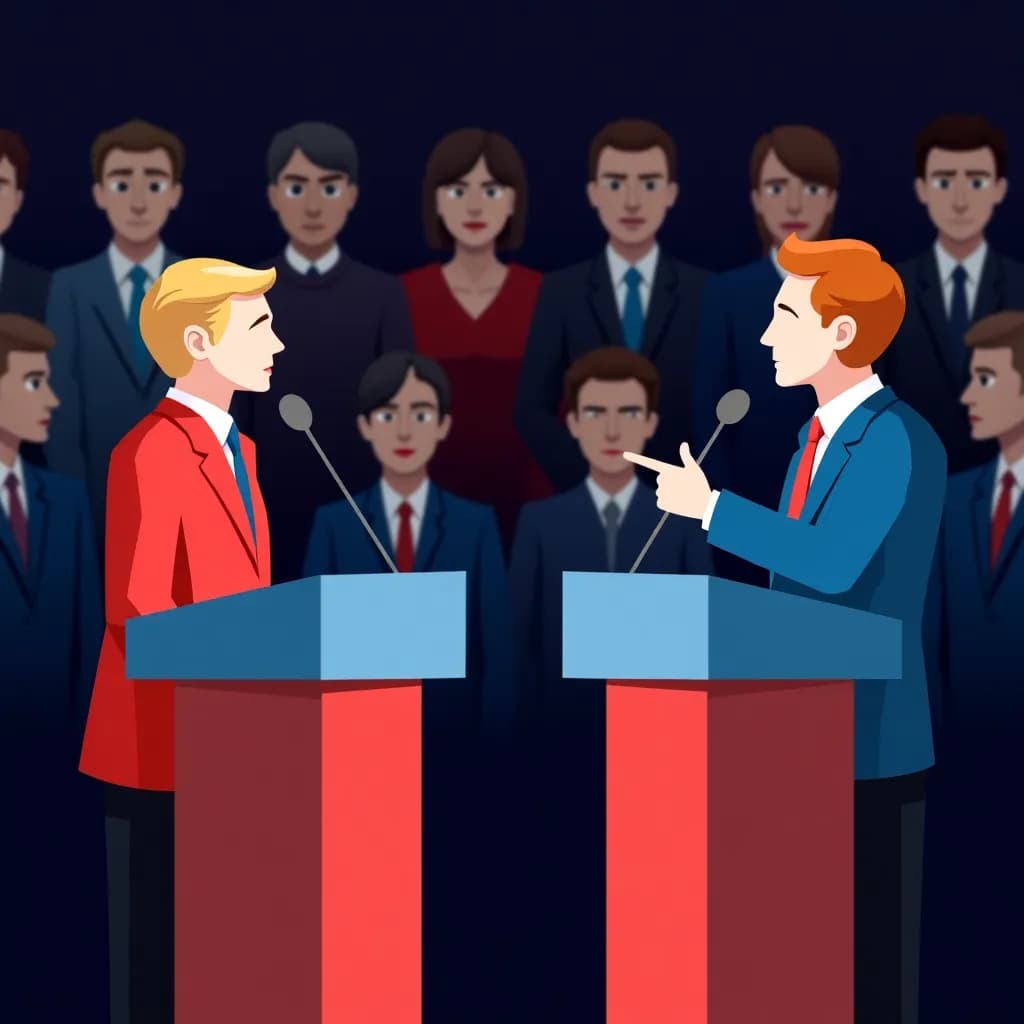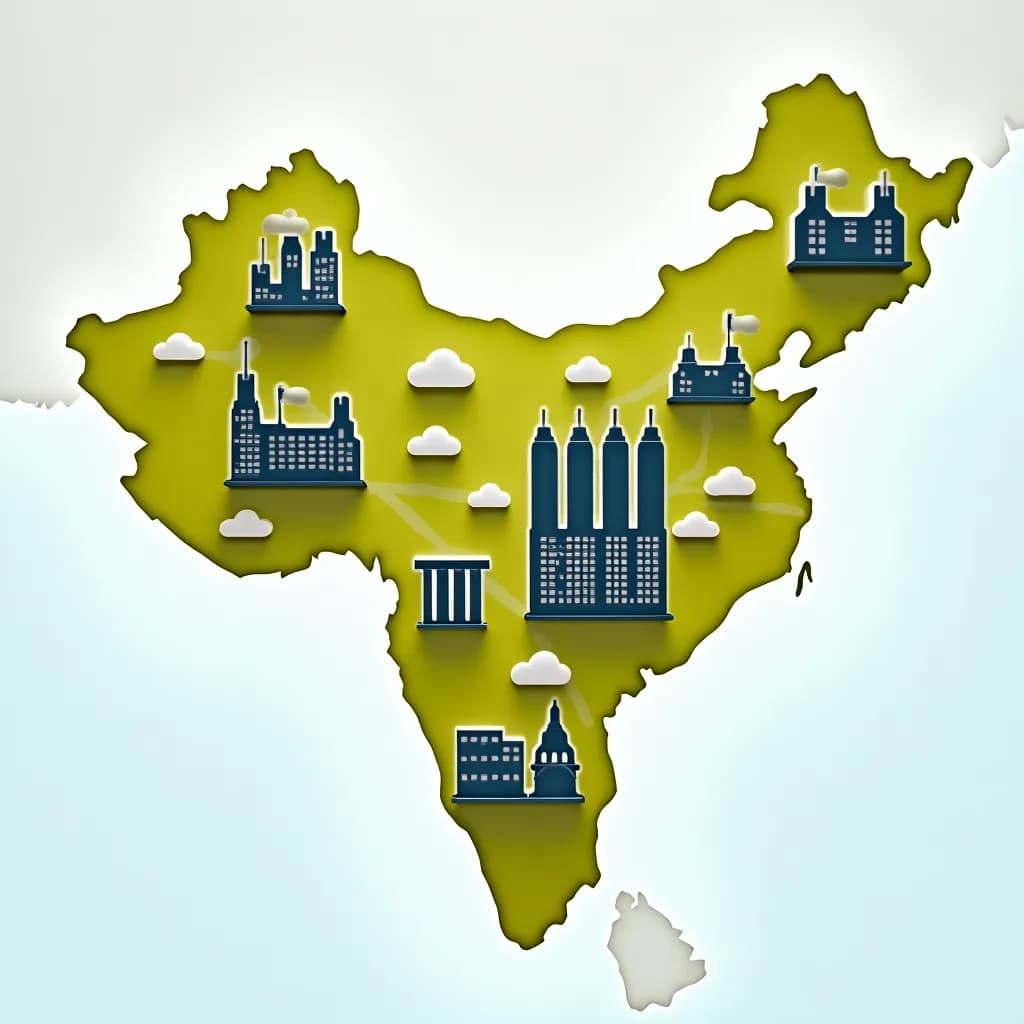The Modern Intersection of Technology and Politics: A Deep Dive
As we delve deeper into the 21st century, the intersection between technology and politics becomes increasingly intertwined. From social media's role in shaping public opinion to cybersecurity threats disrupting elections, the impact is undeniable. This article explores the profound influence of technology on modern politics, offering a balanced analysis backed by data points and references.
The Rise of Digital Campaigning
Political campaigning has evolved from traditional methods like TV ads and door-to-door canvassing to digital platforms where candidates can reach millions of potential voters with a single post. According to a Pew Research Center survey, an estimated 68% of Americans get at least some of their news on social media.
From President Obama's successful use of social media in 2008 to President Trump's prolific Twitter use, the digital campaign trail is now a key battleground.
Big Data and Personalized Politics
The use of big data in politics is another game-changer. Political parties increasingly harness data to target voters with personalized messages. A study by Stanford University revealed that data-driven campaigns can increase voter turnout by up to 3%.
However, this brings up concerns about privacy and the ethical use of personal data. The Cambridge Analytica scandal serves as a cautionary tale of the potential misuse of data.
Tech Giants: The New Power Brokers
Tech companies like Facebook, Google, and Twitter have become influential in political discourse. They serve as platforms for political debates and, as seen in recent years, can even be accused of political bias.
According to a study from NYU, 64% of Americans believe that tech companies support the views of one political party over another. This has led to calls for increased regulation of these tech giants.
Cybersecurity and Election Integrity
The threat of cyber-attacks on election infrastructure is a pressing concern. The US Intelligence Community's assessment of Russian interference in the 2016 election highlighted the vulnerability of democratic processes. This has led to increased emphasis on election security, with a projected $1 billion federal budget allocation for election security in 2020.
Conclusion
As the intersection of technology and politics deepens, it's evident that this relationship will shape the future of democracy. From digital campaigning to big data, tech companies' influence, and election security, technology is reshaping politics in profound ways.
However, this intersection also brings challenges that need to be addressed responsibly. The ethical use of personal data, the role of tech giants in political discourse, and the need for robust cybersecurity measures are all important considerations for the future of politics.










